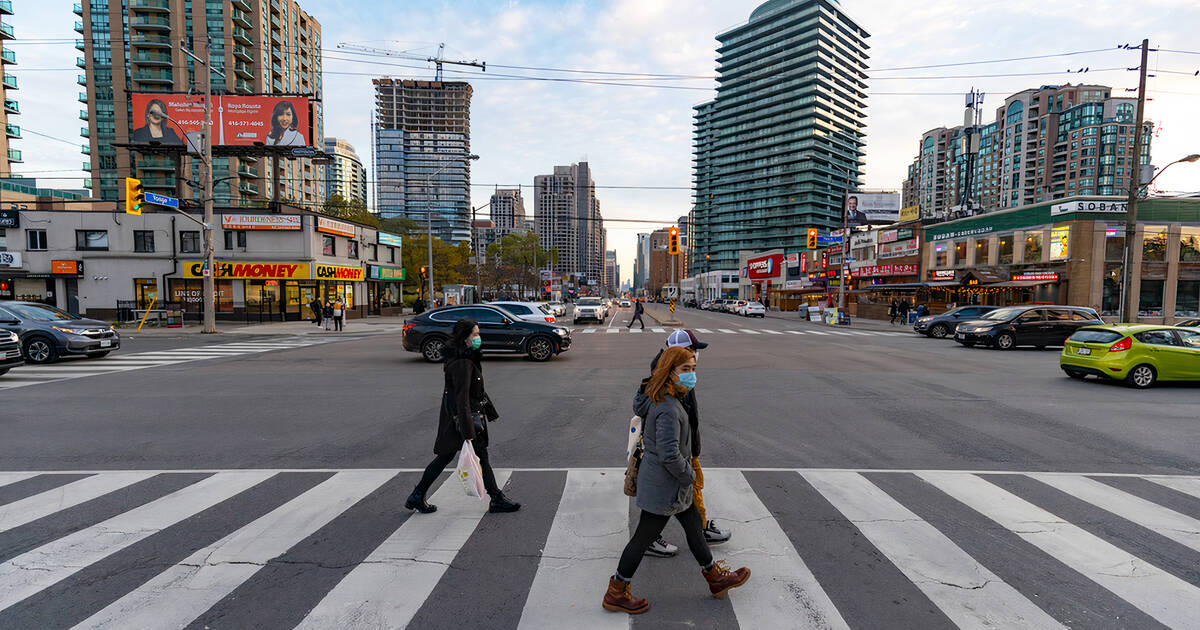Despite the non-stop construction of generic new condo towers in its biggest city, Ontario has just been found to have the most drastic housing sup...

www.blogto.com
If you look how far behind we are the rest of the country and other G7 nations, we are in a supply pit and that needs to be resolved. We need 650 000 more units today to get to the Canadian average from this article.
No question.
But lets talk about how many units are being built in Toronto currently......
It varies year to year, but the numbers of starts tilt between the high teens and about 23,000 starts a year.
So lets take the higher number......that sets a pace of about 230,000 units over the next decade.
Toronto's needs would seem to be a disproportionate share of the 650,000 you note above......... I'm just going to pick an arbitrary number for the moment so I don't go too far down the research hole...
Lets say 450,000
So, if our population remained static; at current build rates, we'd come up ~ 150,000 units short of meeting demand, using those numbers (we could choose others which would be higher)
But Toronto's population is growing at ~100,000 per year or something close.
So about 1,000,000 over the next decade, which divided by 1.7 (average household size) means 589,000 more units of demand.
That puts us on pace to be 740,000 units in the hole, or 90,000 units worse off than today.
*****
Toronto is literally seeing the most housing built in its history, and the most in North America.
Construction crews are already remarkably thin......there are large hirise sites being built with a crew of only a dozen workers most days.
That would never have been the case 20 years ago. It does make it slower going.
Is there any reason to believe that if the City waived a wand and permitted, for argument's sake 100,000 more easy units (no zoning/opa required) tomorrow that those would actually be built on a net-out basis
by developers?
To be clear, I'm not arguing against the proposition for more permissive zoning or greater supply, I'm in favour of both.
Rather, I'm pointing out that for a host of reasons, it will be very difficult to close that gap in the medium term.
*****
Also compare the supply side to the demand side; its much easier to fix the latter; and the latter is exacerbating the current problem in a substantial way.
*****
To sum up, yes we should address supply, of course, absolutely, no disagreement at all. But are the best tools we have, or could have, likely to give us resolution or even a pace to resolution 10 years out w/o addressing the demand side?
I'm inclined to say 'no'.
The alternative is to imagine that Toronto's building industry could increase its output 74,000 units per year for the next 10 years, which would be more than triple its current capacity to build.
I can't fathom the path to get there, however desirable that might be.
So we'd better fix the other bit!





